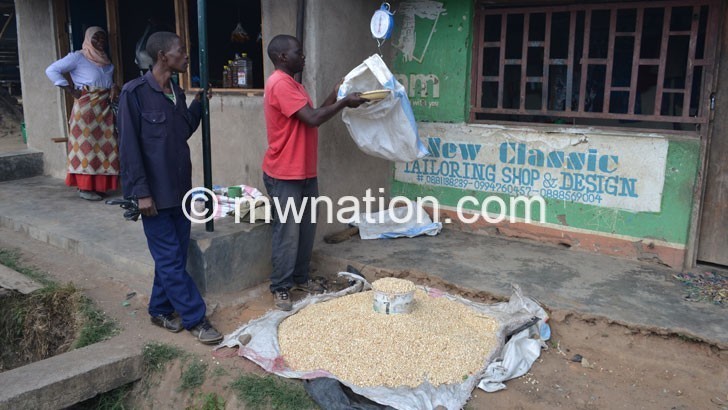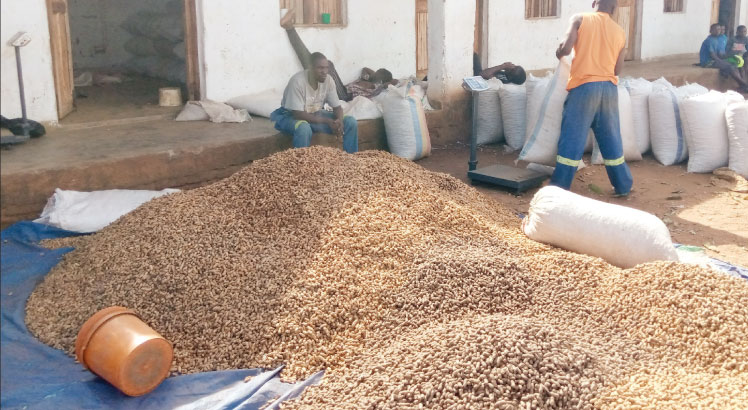World Bank blames export ban on falling maize prices
A World Bank analysis on the impact of grain trade policies in Malawi has faulted the maize export ban, saying it lowers prices of maize on the market.
In a study titled Impact of Grain Trade Policies on Prices and Welfare: Evidence from Malawi, the bank said net-selling farmers experienced losses due to lower maize prices.

Reads the analysis in part: “On average, Malawians receive a welfare gain equivalent to just 0.81 percent of their total household consumption as a result of lower maize prices from export bans alone.
“That is equivalent to an annual transfer of around K1 690 ($2.3) per person, or K7 607 ($10.4) per household.”
Around 51.5 percent of Malawi’s population is moderately poor and a further 20.1 percent is ultra-poor.
The welfare analysis suggests that the decrease in maize prices brought about by bans reduces these rates by just 0.55 and 0.64 percentage points, respectively.
Malawi imposed a maize export ban after the 2016/17 harvesting period to ensure that the country stocked adequate supplies for the strategic grain reserves.
Grain Traders and Processors Association president Grace Mhango said with Alliance for Green Revolution in Africa reports estimating 250 million people in 13 African countries will face hunger, the situation creates a definite market for the country’s grain.
She said prices, which could go up to K400 per kilogramme (kg) in the region, are attractive for informal imports in the face of the existing export ban, unlike on the local market where maize is selling at K130 per kg.





